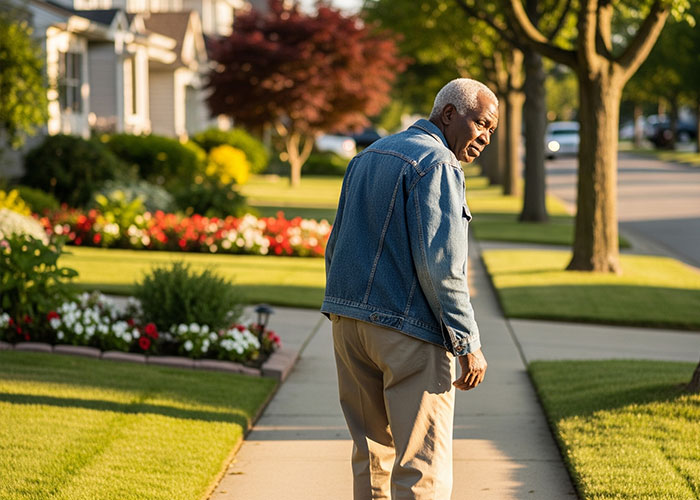Would You Recognize Signs of Depression in Older Adults? How You Can Help

Many people assume that depression is an unshakable feeling of sadness. While this can be true to an extent for some people, in others, depression doesn’t have to necessarily include feeling sad. It may manifest in other ways that loved ones do not always associate with being signs of depression, and this can be especially true in seniors.
Dealing with life changes, health problems, and losing loved ones are natural reasons why seniors may develop depression. It is important to recognize the signs and get necessary help before the condition worsens and takes a greater toll on their quality of life. But what should you look for?
Signs of Depression in Seniors
Depression can look like a lot of different things in seniors, such as:
- Being overly tired or having unusual sleeping patterns
- Loss of interest and motivation in activities they once enjoyed
- Complaining of headaches or body aches
- Poor appetite
- Neglecting personal hygiene
- Remaining more isolated and avoiding social gatherings
- Feelings of helplessness or lack of a sense of purpose
Seniors may just not seem like their usual selves and be less active and engaged than usual. Keep in mind that sometimes these issues are related to life events (such as having a day full of activities or appointments or experiencing the death of a friend) or could be the side effect of medications they may be on. It’s important to look at the bigger picture and put things in context to see how it is impacting their life and when changes may have started.
Ways You Can Help Seniors Manage Depression
If you do suspect your aging parent may be dealing with depression, talk with their doctor and express your concerns. They can help with accurately diagnosing and treating the condition. There are other non-medical interventions you can do to help as well. For instance:
- Make time to do more activities together. Try to plan regular visits or coordinate a trip to do something special they enjoy.
- Celebrate the little things in life to help them keep a more positive attitude and perspective. There’s always a silver lining.
- Encourage them to volunteer or get involved with a community group or club. Help them find a new activity to learn, or a group that does something they already enjoy doing (knitting, scrapbooking, birdwatching, biking, photography, book club, etc.)
- Find fun ways for them to stay active such as a senior fitness class, yoga, swimming, or daily walks. Make an effort to work out together when possible.
If you can’t be around as much as you would like or just want some support in caring for your aging parent, coordinate with an in-home caregiver. A caregiver can be a wonderful source of companionship and also help with scheduling and transportation to different activities. They can help your loved one to stay active, engaged, and mentally stimulated. Furthermore, they can assist with grocery shopping and meal preparation to ensure your loved one is eating well. These are all things that can help with managing depression and promoting improved well-being.
Contact Always Best Care today at (855) 470-4473 to schedule a free care consultation and learn more about how in-home care can support your loved one’s safety and quality of life as they age in place.




![10 Senior Living Technologies You Should Know About [+ FAQs]](https://alwaysbestcare.com/wp-content/uploads/2025/06/senior-living-technology-hero-image.jpg)
